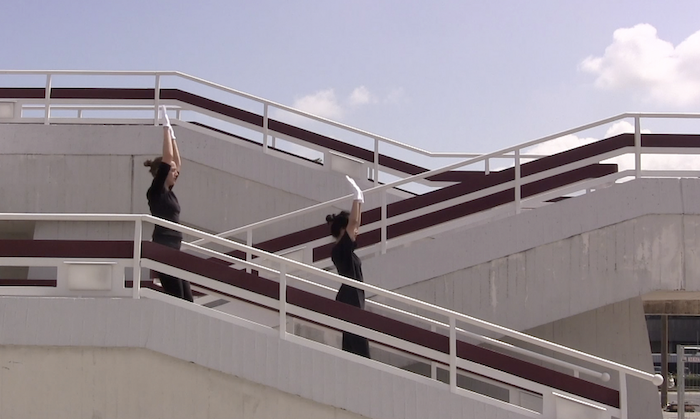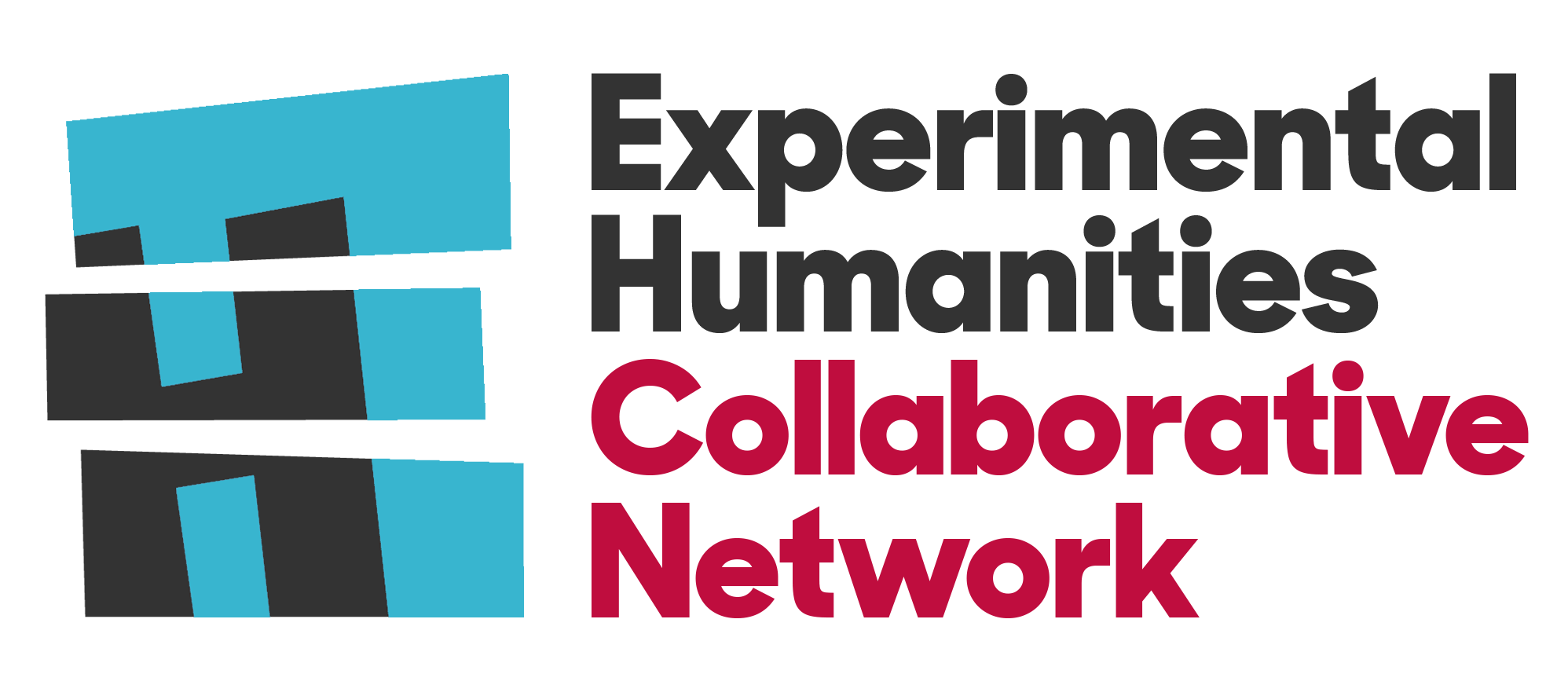
Welcome to Our new portfolio
Metamorfosis Nominal
2024
Metal, wood, slats
Metamorfosis Nominal explores the relationship between personal identity and the names that define us throughout our lives. Represented by the skeleton of a tree constructed from recycled rebar and wire rod, each part of this structure symbolizes a crucial stage in the evolution of our name and how we perceive ourselves in society.
The roots of the tree embody the name given at birth, an initial and fundamental mark of our identity over which we had no say and perhaps do not even like. As we grow, the trunk represents the names and nicknames assigned to us during childhood and adolescence by teachers, family, acquaintances, and friends, marking our early interactions with the social environment.
The foliage, dynamic and changing, symbolizes the name we identify with in the present, whether it is our birth name, a part of it, a nickname, or even one we have chosen to change to. This name reflects our self-perception and how we wish to be recognized by others.
I invite viewers to actively participate in the artwork by writing these names on colored ribbons and then tying them to the tree in the corresponding stage. This act not only adds color and visual texture to the tree but also reveals our complex emotions towards the names and nicknames that define us. The colors of the ribbons represent acceptance, indifference, or preference for each name at different stages of our lives, providing a visual reflection on how we relate to our identity over time.
At the end of the exhibition, using these colored ribbons and the collected information, a graph will be created to visualize the collective perceptions of identity and recognition in our contemporary society. "Nominal Metamorphosis" aspires to be a mirror reflecting our shared experience of how we are named and recognized in the world we inhabit.
This work not only celebrates diversity and personal evolution but also questions how names affect our self-image and social interactions. Through the tree of names, I invite viewers to reflect on their own names and nicknames and how these influence the construction of their identity over time.






